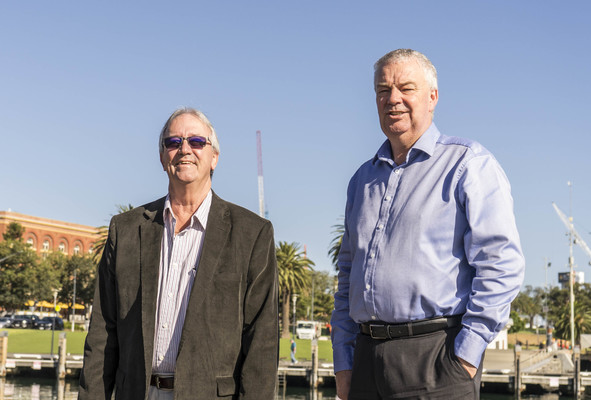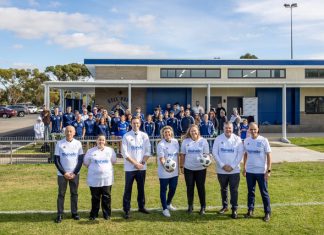
By Luke Voogt
The number of Geelong businesses going broke has dropped by a third in six months, according to an independent report released this week.
The report identified 63 Geelong businesses at severe risk of insolvency in the next 12 months, compared to 94 six months ago.
Government investment, housing affordability and stricter business lending had driven the decrease, Geelong Chamber of Commerce president Mark Edmonds said.
“Banks of are being more vigorous in the way they are loaning.”
Recent changes had made borrowing “cheap money” to open a business more difficult, Mr Edmonds said.
Aspiring business owners had to “have a very clear business plan” before borrowing, which “they should have done anyway”, he said.
“There’s lots of help people can get.”
The report’s findings showed rising business confidence in Geelong, Mr Edmonds said.
But the “rapidly-growing“ city faced challenges such as a shortage of skilled employees and trains overcrowded with commuters, he added.
“We are loving the train network to death.”
He welcomed a Federal Government announcement of $2 billion for fast trains as “serious money”, despite the proposal being “around for years”.
The movement of government departments to Geelong had also boosted retail, hospitality and accommodation businesses in the city’s centre, he said.
Waterfront accommodation provider Greg Aylmore said he had regular bookings from NDIA staff based elsewhere who fly into Geelong.
Insolvency firm SV Partners on Tuesday released a report stating 1.1 per cent of Geelong businesses were at “severe risk” of insolvency, compared to the national average of 1.8 per cent.
The firm’s executive director, Michael Carrafa, said the result was a testament to the hard work and management of local business owners.
Geelong had no education, training, rental, hiring or real estate businesses at risk of insolvency, he said.
Upcoming events and projects such as Geelong Ironman and wind farms under construction in western Victoria would help support local businesses, Mr Carrafa said.
He said falling insolvency risk was a good sign for the local economy but urged businesses to prepare themselves for tougher times.
“Adequate amounts of cash, serviceable debts and dependable incomes are essential to take a proactive approach.”
SV Partner’s Commercial Risk Outlook Report analysed millions of commercially-sourced records to create risk profiles for more than half a million Australian businesses.







